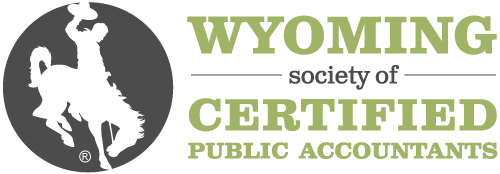Description
This course overviews basic fringe benefits and examines their mechanics, compensation methods, valuation, withholding, and accounting. Achievement awards, term life insurance, medical reimbursement, meals & lodging, educational assistance, dependent care, employer-provided automobiles, interest-free loans, etc., are identified. Employer and employee economic and tax considerations are recognized. Fringe benefit requirements and limits are specified and ERISA compliance requirements are determined.
Highlights
• Benefit mechanics • Employee achievement awards • Group term life insurance • Self-insured medical reimbursement plans • Medical insurance • Meals and lodging • Cafeteria plans • Employer-provided automobile • Adoption assistance program • Interest-free and below-market loans
Objectives
• Recognize basic fringe benefit planning by determining "income" under 61, and identify the differences between former non-statutory and current statutory fringe benefits created by recent cases, rulings, and tax law changes. • Specify the mechanics of typical fringe benefits, determine the fair market value of a fringe benefit under the general valuation rule or the special valuation rules, and identify the general accounting rule and the special two-month pour-over accounting rule. • Identify an "employee achievement award" under 274, and recognize the rules for group term life insurance under 79 stating how to implement proper coverage. • Determine the mechanics of self-insured medical reimbursement plans under 105, and specify the medical insurance requirements under 106, identifying differences. • Identify the rules for excluding the value of meals and lodging under 119 and "cafeteria plans" and how they operate. • Recognize the requirements and limits of employee educational assistance programs and dependent care assistance specifying how to obtain each type of assistance. • Identify "no-additional-cost services" and determine what property or services are excludable from income as qualified employee discounts under 132(c), and specify exceptions to working condition fringes and de minimis fringes. • Determine the requirements for qualified transportation fringe benefits under 132(f), specify valuation methods for employer-provided automobiles, identify the qualifications for the popular physical fitness exclusion, and the requirements and benefits of adoption assistance programs. • Recognize planning services available under 132, 212, and 67, determine interest-free and below-market loans, identify child care benefits and corporate-funded educational savings accounts, specify S corporation fringe benefits, and identify ERISA compliance requirements.
Course Pricing
WYOCPA Member Fee
$99.00
Non-Member Fee
$129.00
Your Price
$129.00
Upcoming Courses
-
SUBSCRIPTION: Audit Skills for Client Management
April 1, 2025
-
SUBSCRIPTION: Audit Skills for Emerging Leaders
April 1, 2025
-
SUBSCRIPTION: Audit Skills for Beginners
April 1, 2025
View all upcoming courses
